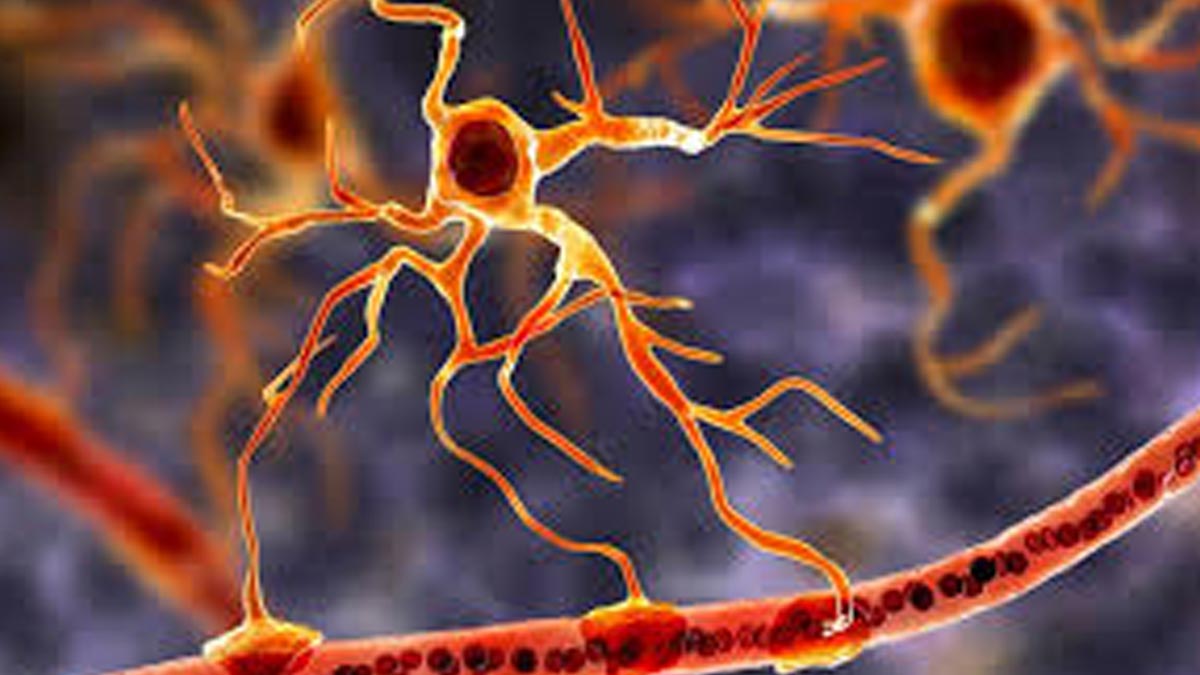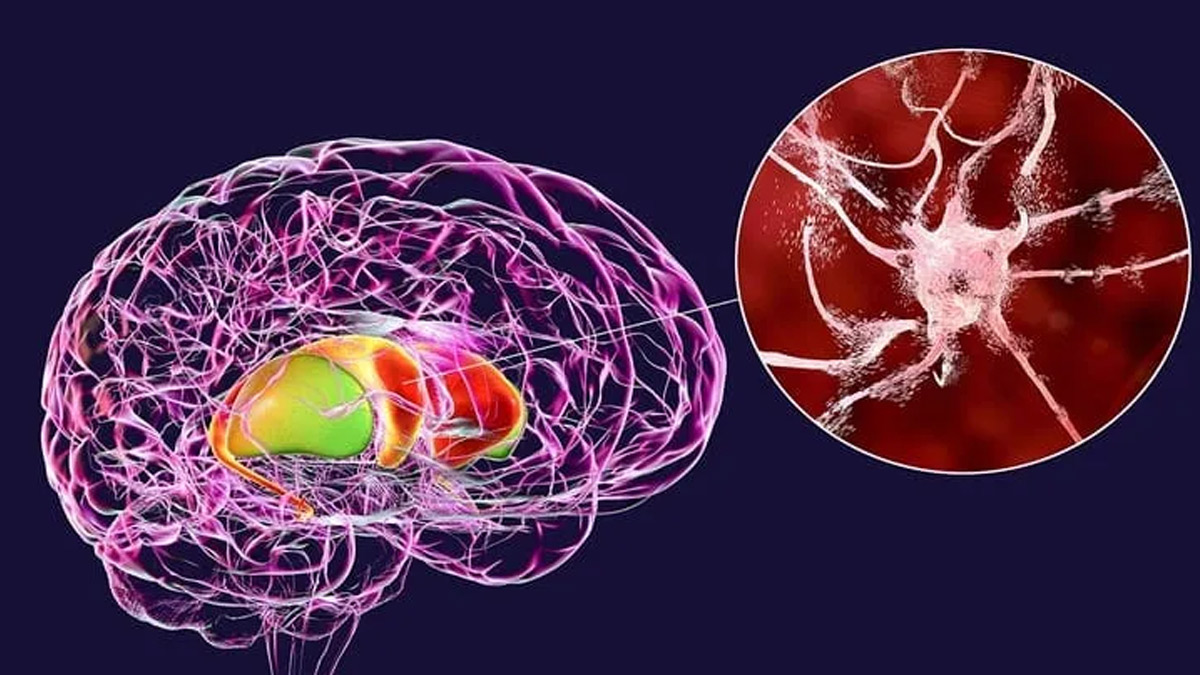
A groundbreaking study from researchers in Berlin and Düsseldorf has identified a novel gene, CHCHD2, which could play a crucial role in the progression of Huntington's Disease (HD). This discovery offers new insights into the mechanisms of the disease and potential avenues for therapeutic intervention. Published in Nature Communications, the research highlights the gene's involvement in early brain development and mitochondrial dysfunction.
Table of Content:-
Uncovering CHCHD2’s Role in Huntington's Disease
Huntington's Disease is a hereditary neurodegenerative disorder characterised by the progressive loss of motor control and cognitive decline. The disease is caused by mutations in the HTT gene, leading to an excess of CAG repeats. This genetic anomaly disrupts normal cellular functions, eventually causing the death of nerve cells.
The study led by Dr Jakob Metzger from the Max Delbrück Center and Professor Alessandro Prigione from Heinrich Heine University Düsseldorf has unveiled that CHCHD2, a gene previously associated with Parkinson's Disease, is also implicated in Huntington's Disease. This discovery is significant because it links CHCHD2 to the early stages of Huntington's Disease, marking a novel target for future research and therapy.

Gene Mutations and Mitochondrial Dysfunction
The researchers utilized brain organoid models—three-dimensional structures grown from stem cells that mimic early-stage human brains—to investigate the effects of HTT mutations. These models revealed that HTT mutations impact CHCHD2, which plays a vital role in maintaining mitochondrial function. Mitochondria, the energy-producing structures in cells, are crucial for neuronal health, and their dysfunction is known to contribute to neurodegenerative diseases.
The study found that CHCHD2 was consistently underexpressed in brain organoids with HTT mutations. This reduction in CHCHD2 expression led to decreased metabolism in neuronal cells, highlighting the gene’s role in maintaining cellular energy levels. Restoring CHCHD2 function in these models was able to reverse some of the negative effects on neuronal cells, suggesting that enhancing CHCHD2 activity could be a promising therapeutic strategy.
Also Read: Saina Nehwal Hints at Retirement Due to Arthritis: How the Condition Is Impacting Young People
Early Development and Disease Progression
A notable finding from the research is that defects associated with Huntington's Disease occurred in neural progenitor cells and brain organoids before the development of toxic aggregates of mutated Huntingtin protein. This indicates that the pathological changes associated with Huntington's Disease might begin much earlier than previously thought.
Dr Pawel Lisowski, a co-lead author of the study, emphasised that these early defects in brain development suggest a need for earlier detection and intervention. "Our findings imply that the disease could affect brain development long before clinical symptoms manifest," Lisowski said. This early onset of changes underscores the importance of developing strategies to identify and treat the disease at its nascent stages.
Potential for New Therapeutic Approaches
The discovery of CHCHD2’s involvement in Huntington's Disease opens up new avenues for treatment. The study suggests that targeting CHCHD2 could mitigate some of the disease's effects. Furthermore, the successful reversal of developmental defects through genome editing techniques, such as removing the CAG repeat region from the HTT gene, presents a promising direction for gene therapy.
Professor Alessandro Prigione noted, "Our genome editing strategies, especially the removal of the CAG repeat region, have shown great promise in reversing developmental defects. This points to potential gene therapy approaches that could be explored further."
Also Read: Movies and TV Shows That Accurately Portray Bipolar Disorder
Additionally, therapies aimed at increasing CHCHD2 expression could offer another approach to counteract the effects of Huntington's Disease. The potential broader applications of these findings for other neurodegenerative diseases could lead to significant advancements in treating age-related conditions.
Bottomline
The identification of CHCHD2 as a novel gene linked to Huntington's Disease progression represents a significant advancement in understanding the disease's pathology. This research not only highlights the role of mitochondrial dysfunction in early disease development but also opens up new possibilities for therapeutic interventions. As scientists continue to explore these findings, the potential for early detection and targeted treatments for Huntington's Disease becomes increasingly promising, offering hope for those affected by this challenging condition.
How we keep this article up to date:
We work with experts and keep a close eye on the latest in health and wellness. Whenever there is a new research or helpful information, we update our articles with accurate and useful advice.
Current Version